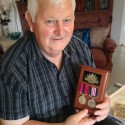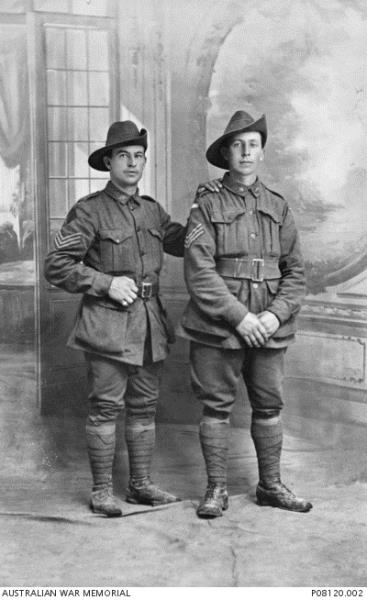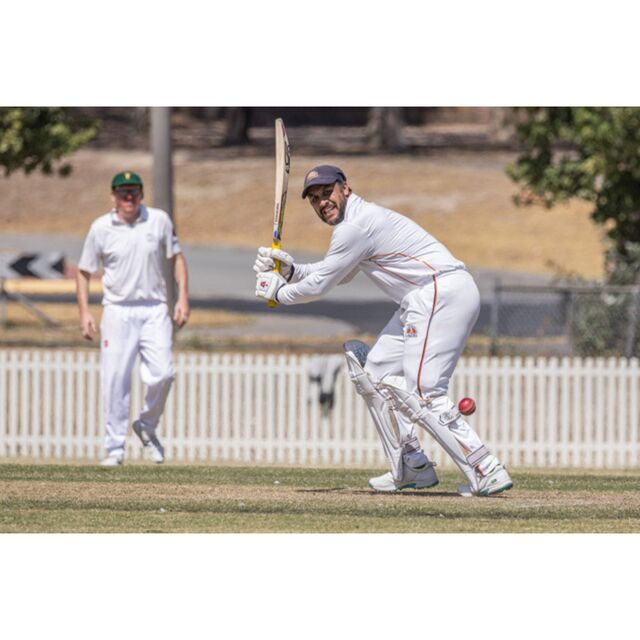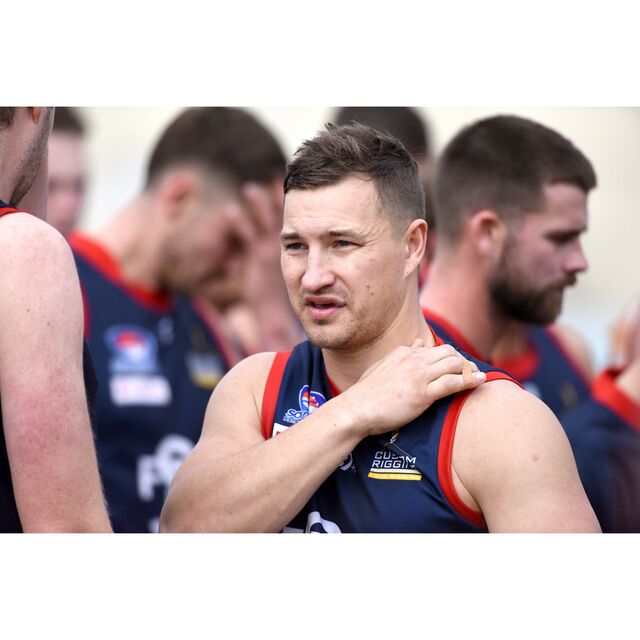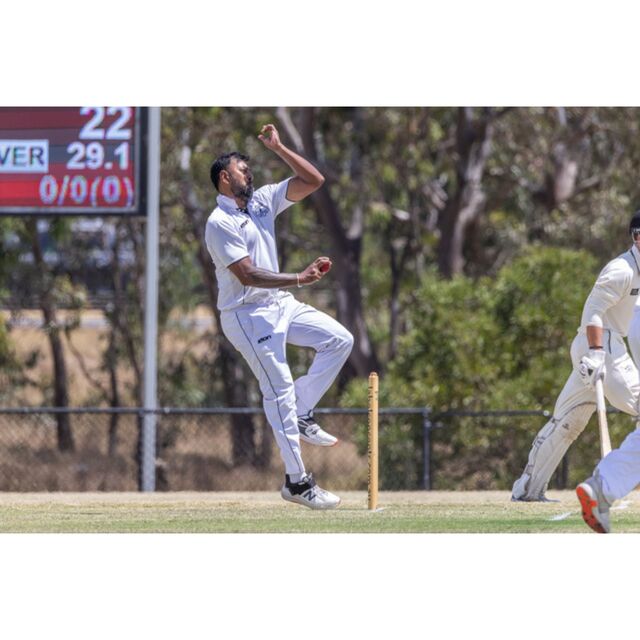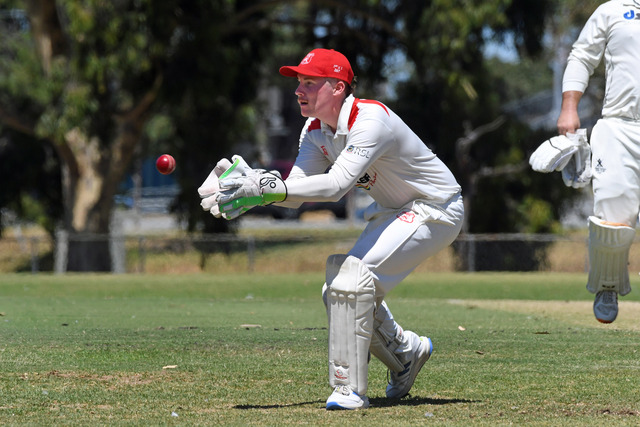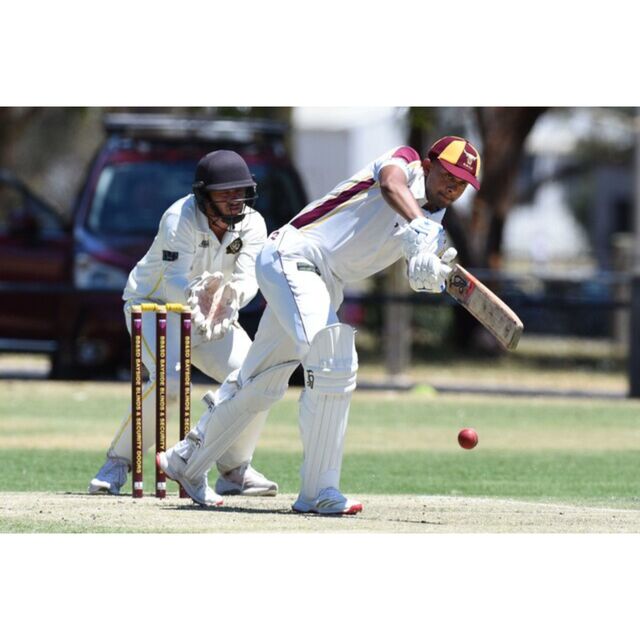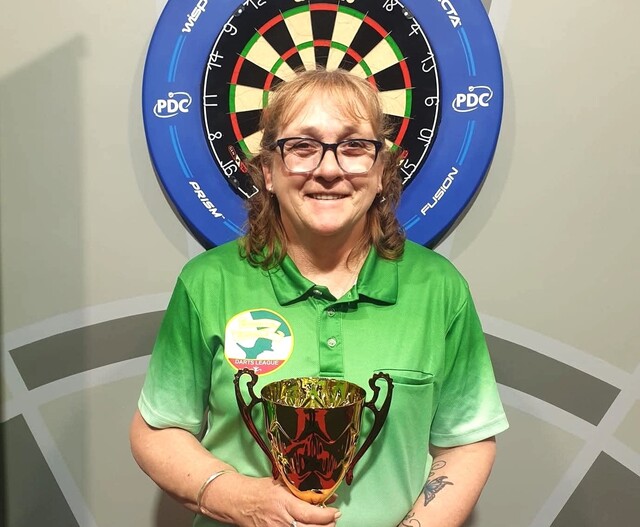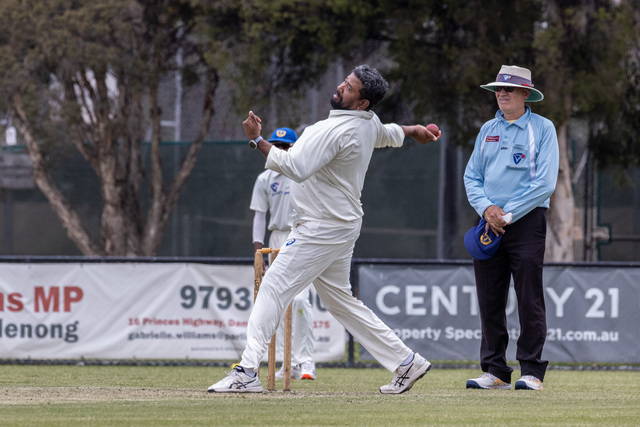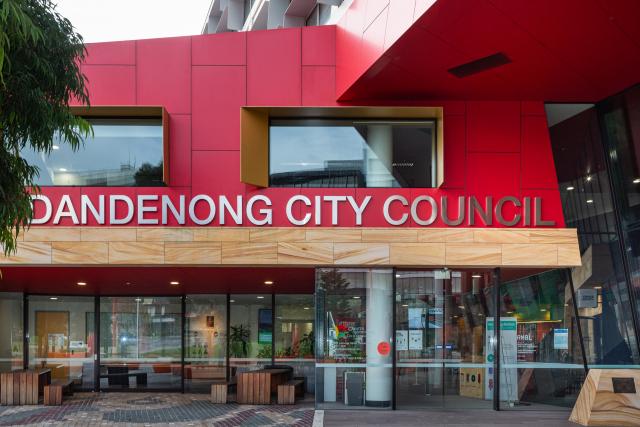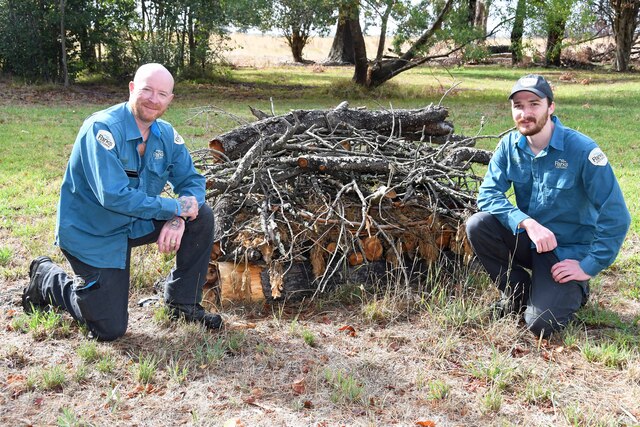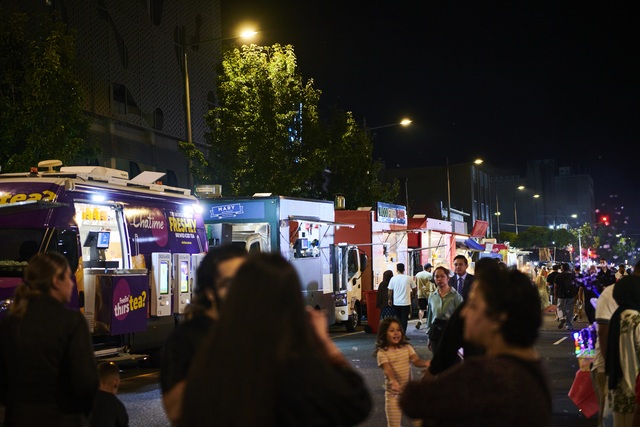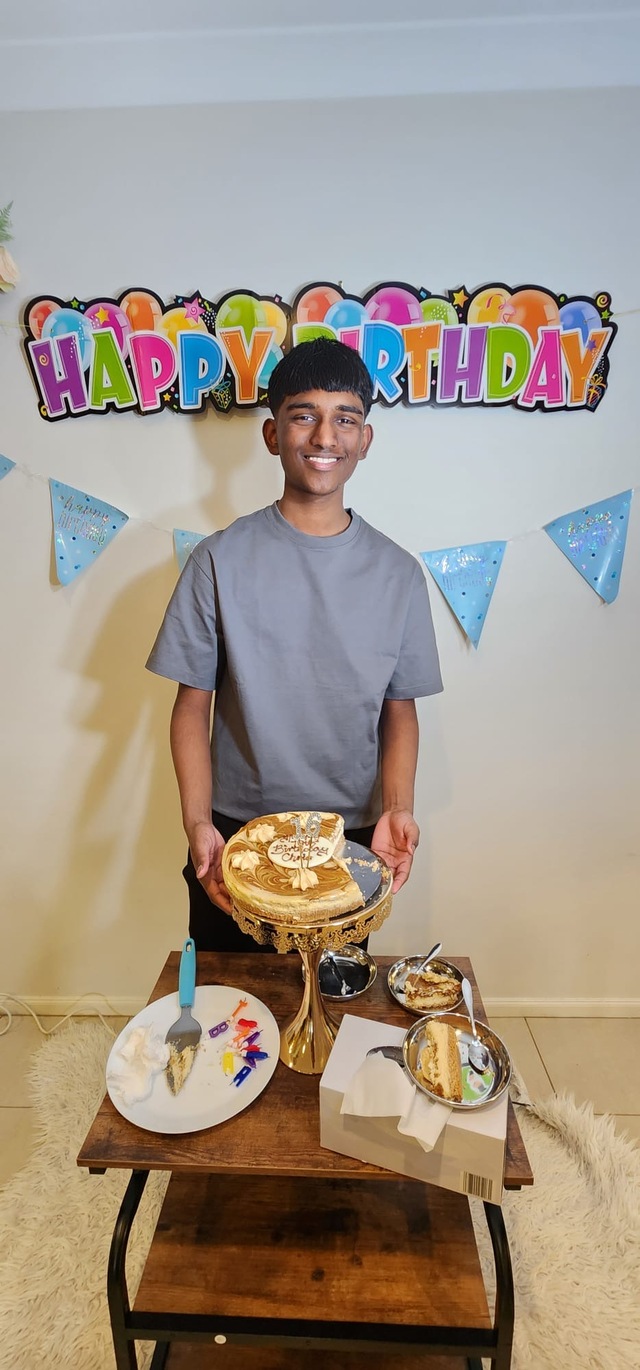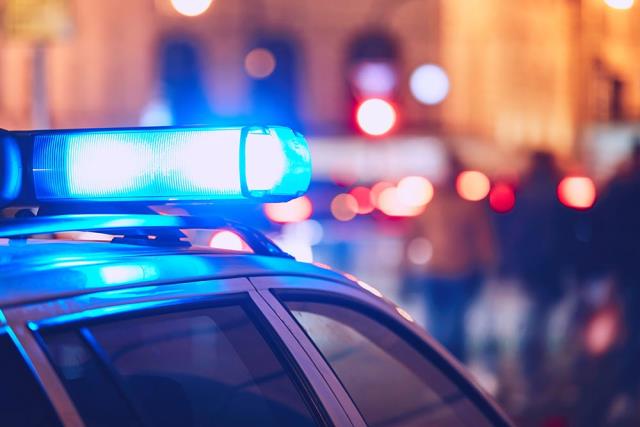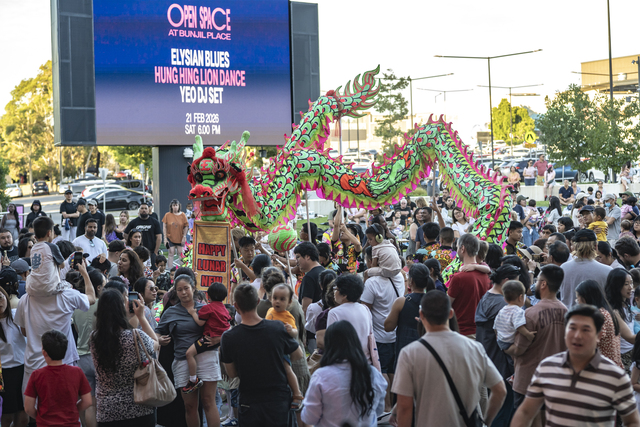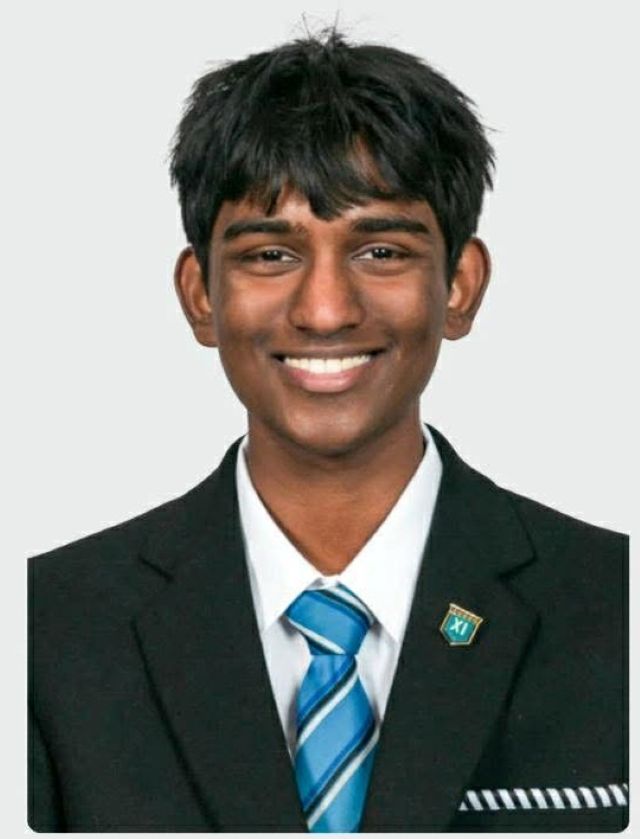
By CASEY NEILL
SERGEANT Charles Henry Masters was one of the first men in Dandenong to enlist for World War I.
He was also one of the most decorated, receiving the Military Medal and Distinguished Conduct Medal for his service.
But his son Ken Masters, who lives in Noble Park, said he never spoke about his achievements.
“I’m proud of him. We always knew what he’d done. We’d seen the medals,” he said.
Charlie embarked from Melbourne with the 8th Battalion in September 1915, aged 24.
He arrived in Gallipoli on 7 December 1915 and in his diary wrote that he received his first shock while on water fatigue the following day.
“Scottie and I had just put the water cans down when a shrapnel shell burst and one of the pellets went through a tin of water,” he wrote.
Ken said his dad was only in Gallipoli for about 12 days.
“He often talked about the two billies – the top one with a hole in it and the water dripped into the bottom one with a string attached to it and fired the rifle,” he said.
“They set them all up before they went as they were clearing off.”
On 26 October 1917 Charlie wrote that the Canadians had gone over the top, or “hopped the bags” as the soldiers called it, for an attack on Passchendaele Ridge in France – and in passing mentioned a serious injury.
“We were on their right. In the afternoon Fritz bombarded our position,” he wrote.
“I got smacked through the right arm. Arrived Canadian CC (casualty clearance) Station.”
He was sent to Graylingwell War Hospital in Chichester, England, with shrapnel wounds to his forearm.
He re-joined the 8th Battalion in France in May 1918 and was awarded the Military Medal for a raid on German trenches at Merris in July 1918.
“Charlie was one of three sergeants to take part in the raid and was the only one to return uninjured,” the Dandenong RSL reported in 1961.
He received the Distinguished Conduct Medal for taking charge of his platoon at Herbville Wood on 23 August 1918 when his officer became a casualty.
“Getting them into a suitable position (he) charged with the bayonet, getting into the wood and capturing 40 prisoners and three machine guns,” the award citation read.
“Later he bombed his way alone 200 yards up a trench, killing six of the enemy and clearing the way for his platoon to advance over the top.”
Charlie was admitted to the military hospital in Cheltenham, England, after being gassed on 28 August 1918.
He arrived home on 2 March 1919.
Charlie worked in the Australian Army Pay Corps from 1919 to 1920, where he met the woman he would marry in 1925, May Morris.
He established a butcher shop in Lonsdale Street with Leo Matthews in 1922, during WWII served in the Volunteer Defence Corps, and became Dandenong Sewerage Authority secretary.
He was over the years involved with the Dandenong Fire Brigade, Dandenong Agricultural and Pastoral Society, Dandenong Hospital, Dandenong RSL and more.
He retired to a farm in Yannathan in 1960 following a stroke.
Tributes in the Journal following his death in 1961 described him as “truly one of nature’s gentlemen and anyone having had the pleasure of association with him could not be anything but the better for it”.

